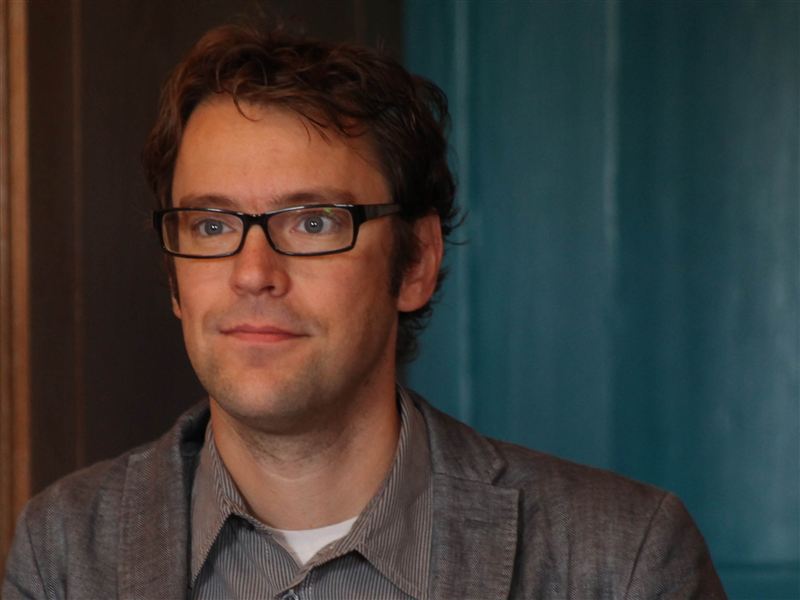Om spontan ordning, centralplanering och neoklassisk ekonomi
 17 okt 2012, kl 14:58 |
17 okt 2012, kl 14:58 |  Lite väl akademiskt
Lite väl akademiskt Här är en intressant passus i det vetenskapliga underlaget till årets ekonomipris:
In response to the failures of the U.S. market for new doctors, a centralized clearinghouse was introduced in the early 1950s. This institution is now called the National Resident Matching Program (NRMP). The NRMP matched doctors with hospitals using an algorithm which Roth (1984a) found to be essentially equivalent to Gale and Shapleyís employer-proposing deferred- acceptance algorithm.
Det var alltså INTE så att Shapley teoretiskt hittade en fiffig algoritm som sedan användes för att lösa ett reellt problem. Shapley (och Gale) hittade en fiffig mekanism. Roth upptäckte långt senare att en offentlig myndighet också hade hittat den, om än på ett mer Hayekianskt sätt. Det tål att funderas på ett tag.

Reader Comments (1)